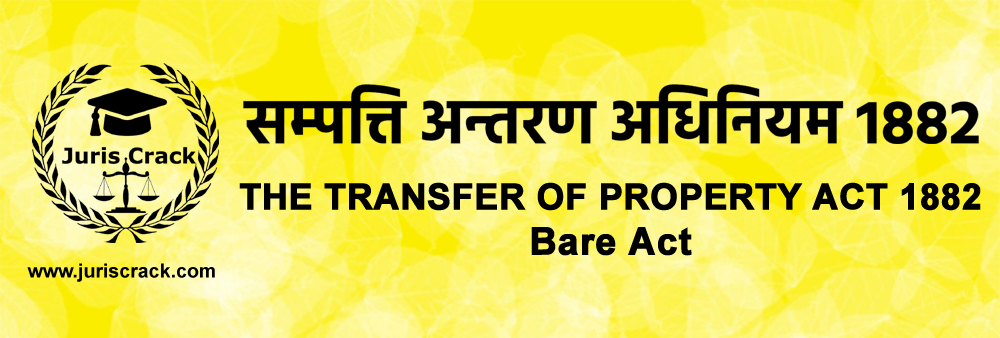(a) Where immovable property subject to any encumbrances, whether immediately payable or not, is sold by the court or in execution of a decree, or out of court, the court may, if it thinks fit, on the application of any party to the sale, direct or allow payment into court,-
(1) in case of an annual or monthly sum charged on the property, or of a capital sum charged on a determinable interest in the property-of such amount as, when invested in securities of the Central Government, the court considers will be sufficient, by means of the interest thereof, to keep down or otherwise provide for that charge, and
(2) in any other case of a capital sum charged on the property- of the amount sufficient to meet the encumbrance and any interest due thereon.
But in either case there shall also be paid into court such additional amount as the court considers will be sufficient to meet the contingency of further costs, expenses and interest, and any other contingency, except depreciation of investment not exceeding one-tenth part of the original amount to be paid in, unless the court for special reasons (which it shall record) thinks fit to require a large additional amount.
(b) Thereupon the court may, if it thinks fit, and after notice to the encumbrances, unless the court, for reasons to be recorded in writing thinks fit to dispense with such notice, declare the property to be freed from the encumbrance, and make any order for conveyance, or vesting order, proper for giving effect to the sale, and give directions for the retention and investment of the money in court.
(c) After notice served on the persons interested in or entitled to the money or fund in court, the court may direct payment or transfer thereof to the persons entitled to receive or give a discharge for the same, and generally may give directions respecting the application or distribution of the capital or income thereof.
(d) An appeal shall lie from any declaration, order or direction under this section as if the same were a decree.
(e) In this section “court” means (1) a High Court in the exercise of its ordinary or extraordinary original civil jurisdiction, (2) the court of a District Judge within the local limits of whose jurisdiction the property or any part thereof is situate, (3) any other court which the State Government may, from time to time, by notification in the Official Gazette, declare to be competent to exercise the jurisdiction conferred by this section.
Explanatory Video on Section – 57. Provision by court for encumbrances and sale freed there from
Notes on Section – 57. Provision by court for encumbrances and sale freed there from
Questions on Section – 57. Provision by court for encumbrances and sale freed there from
Juris Crack provide free law notes , free video lecture , relevant mock questions , past MCQ question and legal news on The Transfer of Property Act 1882. One stop destination for llb students, judicial service examination preparation , civil judge preparation , law officer courses , apo preparation , clat ug and pg test preparation. We provide notes on all legal topics , past years questions and preparation strategy. Our Bilingual teaching materials help all law students to plan better for their examination. Juris Crack resource are mostly free to use and download, so that community of law students get quality materials. Become member of Juris Crack Law Community.
Section – 57. Provision by court for encumbrances and sale freed there from -. Bare Act of The Transfer of Property Act 1882 on JurisCrack with Case Laws and Video lecture





No comment